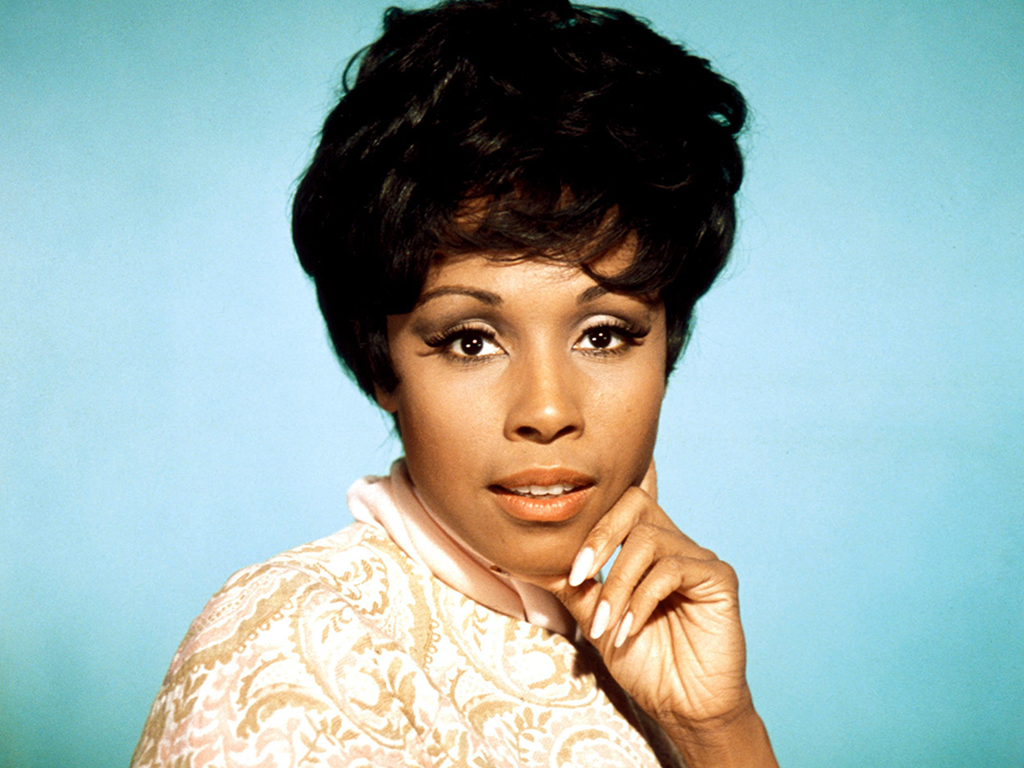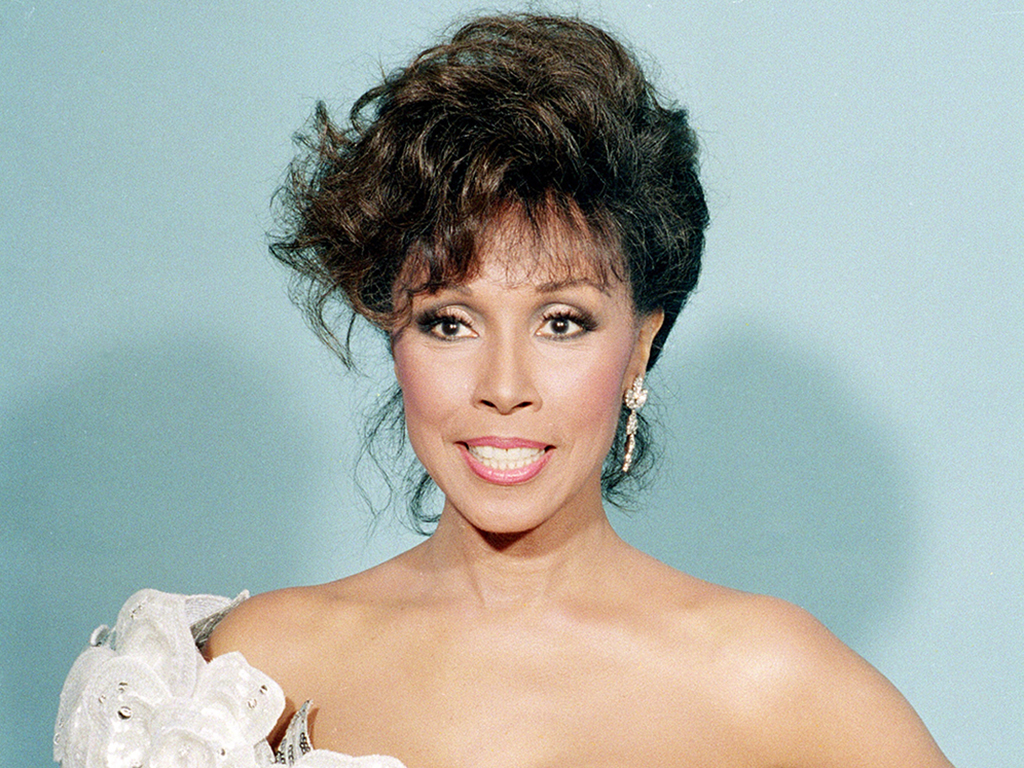Diahann Carroll, the Oscar-nominated actress and singer who won critical acclaim as the first black woman to star in a non-servant role in a TV series as “Julia,” has died. She was 84.

Carroll’s daughter, Susan Kay, told The Associated Press her mother died Friday in Los Angeles of cancer.
During her long career, Carroll earned a Tony Award for the musical “No Strings” and an Academy Award nomination for “Claudine.”
But she was perhaps best known for her pioneering work on “Julia.” Carroll played Julia Baker, a nurse whose husband had been killed in Vietnam, in the groundbreaking situation comedy that aired from 1968 to 1971.
READ MORE: 3 men charged with providing drugs that caused Mac Miller’s death
Although she was not the first black woman to star in her own TV show (Ethel Waters played a maid in the 1950s series “Beulah”), she was the first to star as someone other than a servant.
NBC executives were wary about putting “Julia” on the network during the racial unrest of the 1960s, but it was an immediate hit.
“They said it was a fantasy,” Carroll recalled in 1998. “All of this was untrue. Much about the character of Julia I took from my own life, my family.”

Get daily National news
Not shy when it came to confronting racial barriers, Carroll won her Tony portraying a high-fashion American model in Paris who has a love affair with a white American author in the 1959 Richard Rodgers musical “No Strings.”
Critic Walter Kerr described her as “a girl with a sweet smile, brilliant dark eyes and a profile regal enough to belong on a coin.”
READ MORE: Plácido Domingo resigns as general director of L.A. Opera amid sexual abuse allegations
She appeared often in plays previously considered exclusive territory for white actresses: “Same Time, Next Year,” ”Agnes of God” and “Sunset Boulevard” (as faded star Norma Desmond, the role played by Gloria Swanson in the 1950 film.)
“I like to think that I opened doors for other women, although that wasn’t my original intention,” she said in 2002.
The 1974 film “Claudine” provided her most memorable role. She played a hard-bitten single mother of six who finds romance in Harlem with a garbage man played by James Earl Jones.
In the 1980s, she appeared in the long-running prime-time soap opera “Dynasty” for three years. More recently, she had a number of guest shots and small roles in TV series, including playing the mother of Isaiah Washington’s character, Dr. Preston Burke, on “Grey’s Anatomy.”
READ MORE: Banksy artwork ‘Devolved Parliament’ sells for more than $16M
She also returned to her roots in nightclubs. In 2006, she made her first club appearance in New York in four decades, singing at Feinstein’s at the Regency.
Reviewing a return engagement in 2007, a New York Times critic wrote that she sang “Both Sides Now” with “the reflective tone of a woman who has survived many severe storms and remembers every lightning flash and thunderclap.”
— With files from the Associated Press









Comments
Want to discuss? Please read our Commenting Policy first.